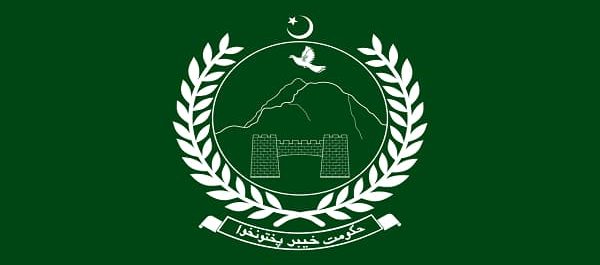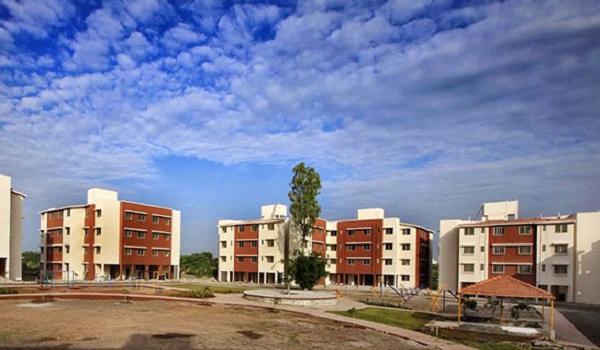Peshawar: The Khyber-Pakhtunkhwa (KP) government has decided to implement the KP Right to Information (RTI) Law in in the newly merged tribal districts, a news source reported. An official statement revealed that the right to access information – rolled out through law – will usher in real change in these locations.
Read: PM vows to develop newly merged tribal districts on priority basis
As per the said communique, the implementation of the RTI Law would empower the common man. It will enable the public to access important information from different departments of the provincial government. Through this legal provision, people will be able to gain access to information on matters such as development schemes, utilization of funds, grants of contracts, recruitment in public bodies, and more.
The government, further, expects to promote both accountability and transparency in the functioning of all public bodies in these districts – through the practical disbursement of this law. It is, by extension, anticipated to bring these departments under public scrutiny; which, in turn, will encourage government functionaries to perform their public duties with due care and diligence.
The KP government is looking to achieve the Sustainable Development Goal 16.10.2 with the extension of the RTI Law to the erstwhile FATA regions. The said human developmental objective envisions the formation of peaceful and inclusive societies, and building accountable institution at all executive levels.
KP Chief of RTI Commission Azmat Hanif Orakzai has stated that the commission has started the work required to implement the law in these districts. It has directed all public bodies to appoint officers designated as Public Information Officers (PIOs), he added.
Read: KP police dept to extend services to tribal districts
Orakzai said that citizens will file their requests for information with these PIOs. He added that the commission is also preparing a ‘communication plan’ to spread awareness about the RTI Law among the public. This plan will include talk shows on TV, FM Radio shows, distribution of publicity materials, and the organisation of seminar events, he revealed.








